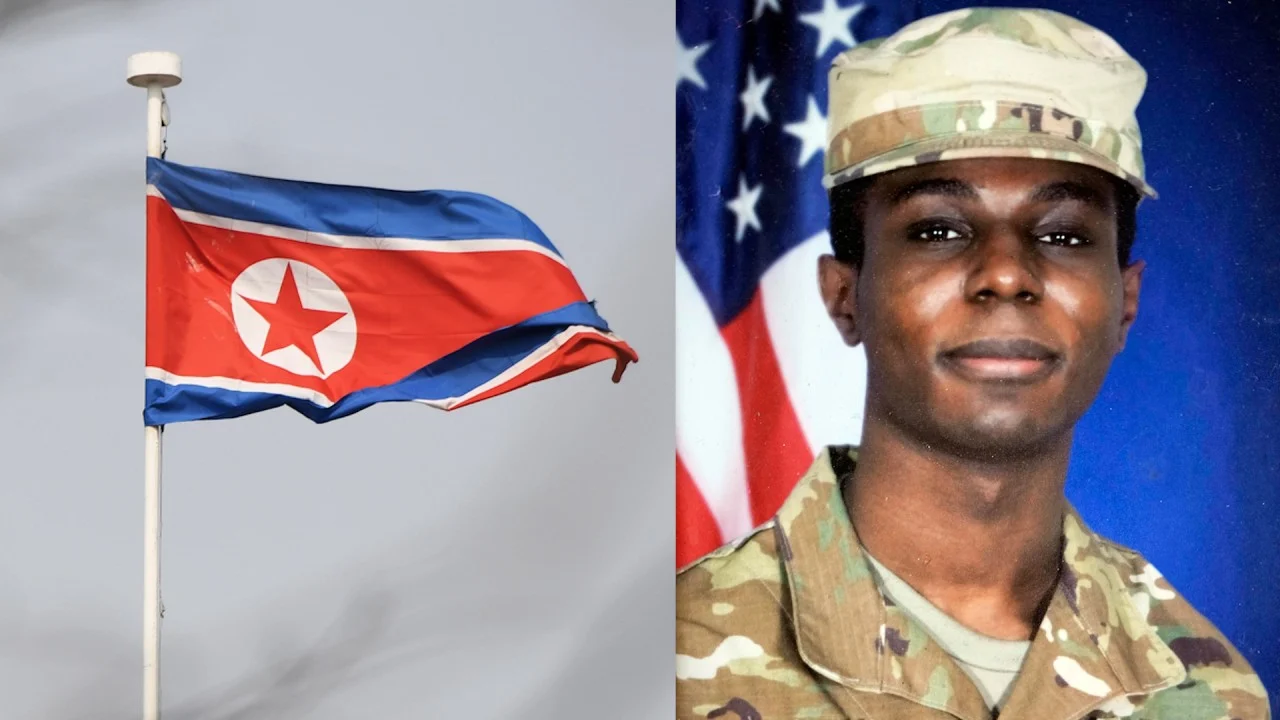US soldier Private Travis King reportedly confessed to illegally intruding into North Korean territory last month. The revelation, made through state media KCNA, has added a layer of intrigue to the ongoing diplomatic relations between the two nations.
KCNA reported that Private King, aged 22, had been scheduled to depart from North Korea and return to the United States. However, at the last moment before boarding his plane, he made the decision to remain in North Korea. The soldier purportedly acknowledged his intrusion into North Korean territory and expressed his desire to seek refuge there or in a third country.
The motivation behind King’s action, as conveyed by KCNA, was his disillusionment with what he described as an unequal American society. The news has sparked discussions regarding the impact of such actions on the perceptions of American society both within and outside the country.
Prior to this incident, Private King had been facing disciplinary consequences. He had been under detention for a span of two months due to allegations of assault. The incident in question was related to him reportedly assaulting a South Korean national in a club last September. Besides the assault charges, King was also directed to pay nearly $4,000 for alleged property damage and uncooperative behavior during his arrest.
The soldier’s unexpected move occurred during a civilian tour of the Demilitarized Zone (DMZ), the border area that separates North and South Korea. While the exact circumstances leading to his decision remain under scrutiny, the incident has drawn attention to the complex and heavily fortified nature of the border region.
The United Nations Command had previously acknowledged that a US national had crossed into North Korea without authorization while on a visit to the border. The situation highlights the ongoing tensions between the two countries, which have remained technically at war since the armistice that ended the Korean War in 1953.
As the details surrounding this incident continue to unfold, it serves as a reminder of the intricate geopolitical landscape and the broader implications of individual actions within it.




